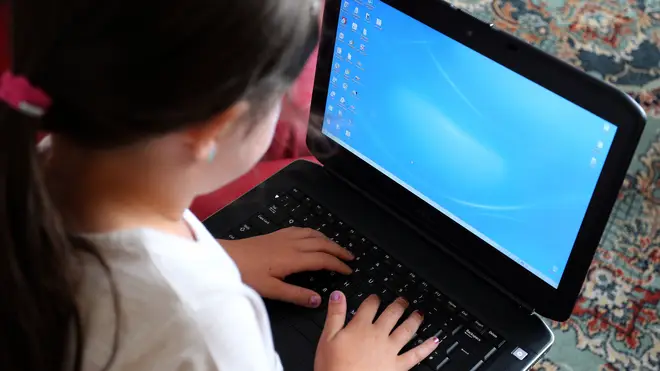
Simon Marks 4pm - 7pm
25 May 2021, 11:44

CyberSprinters is aimed at primary school children.
A new online game aimed at teaching primary school children the basics of cybersecurity has been launched.
The National Cyber Security Centre (NCSC), which is part of GCHQ, has released CyberSprinters as a way to teach children about staying secure from an early age.
The free game is aimed at seven to 11-year-olds and is available on the NCSC website.
It sees players running to collect orbs needed to generate battery power to keep them going while trying to avoid a number of “cybervillains” named after various cybersecurity breaches.
Players are also asked questions about basic cybersecurity and can earn more battery power for answering correctly.

The NCSC said the game is part of a wider range of educational resources which help illustrate good cybersecurity, such as creating strong passwords and being vigilant about messages from unknown senders.
It said the game had been designed to make learning about cybersecurity fun and interactive at a time when children might begin to seek more independence online.
Sarah Lyons, the NCSC’s deputy director for economy and society engagement, said: “Children are growing up in an increasingly digital world, so it’s really important they learn about online security early on.
“Our CyberSprinters game offers a fun, free, interactive way for children to understand how to make good choices to protect themselves, their devices and any online accounts.
“We encourage those working in education to make use of the new resources to help us teach the next generation how to stay safe from cyber threats.”